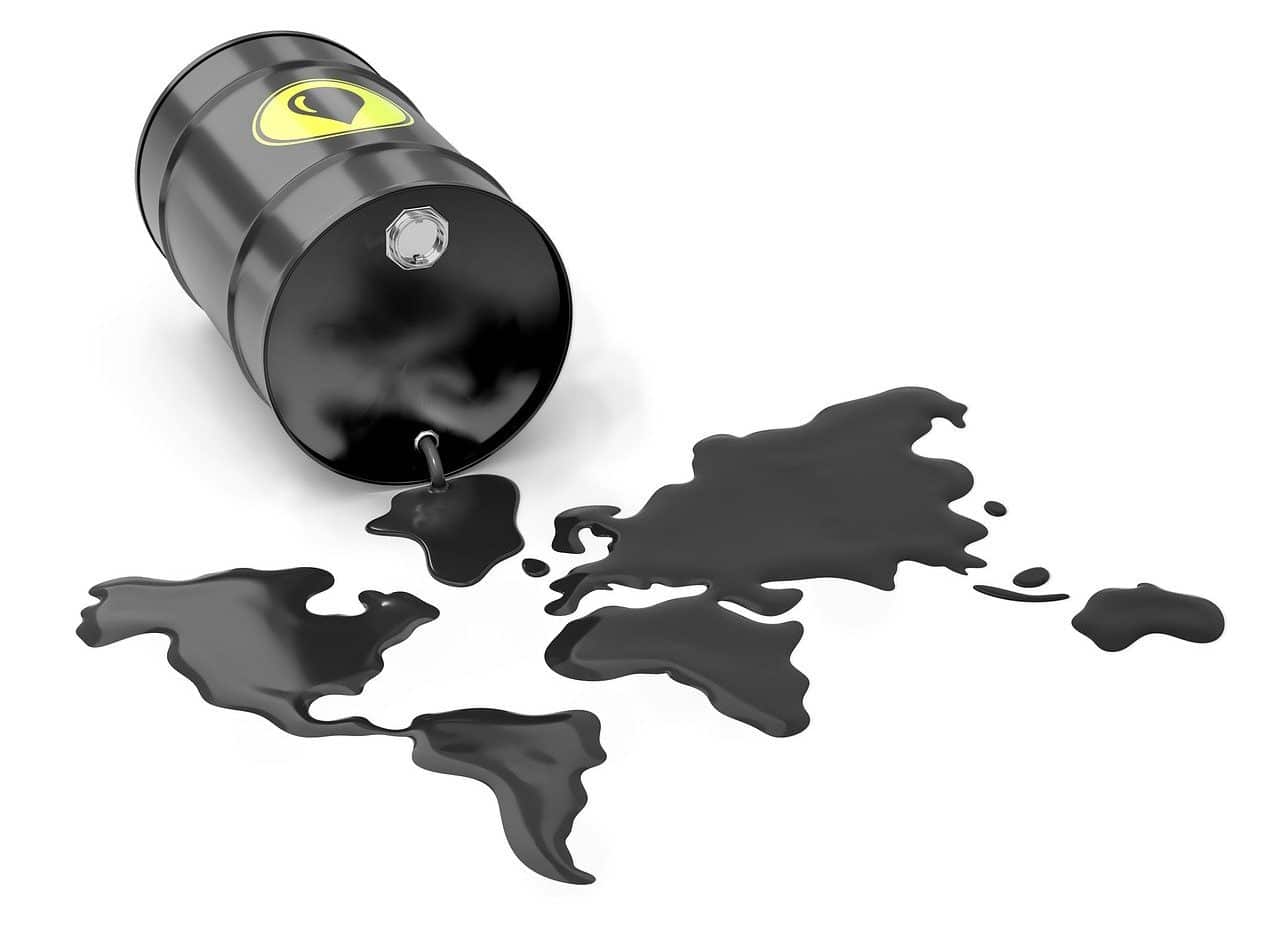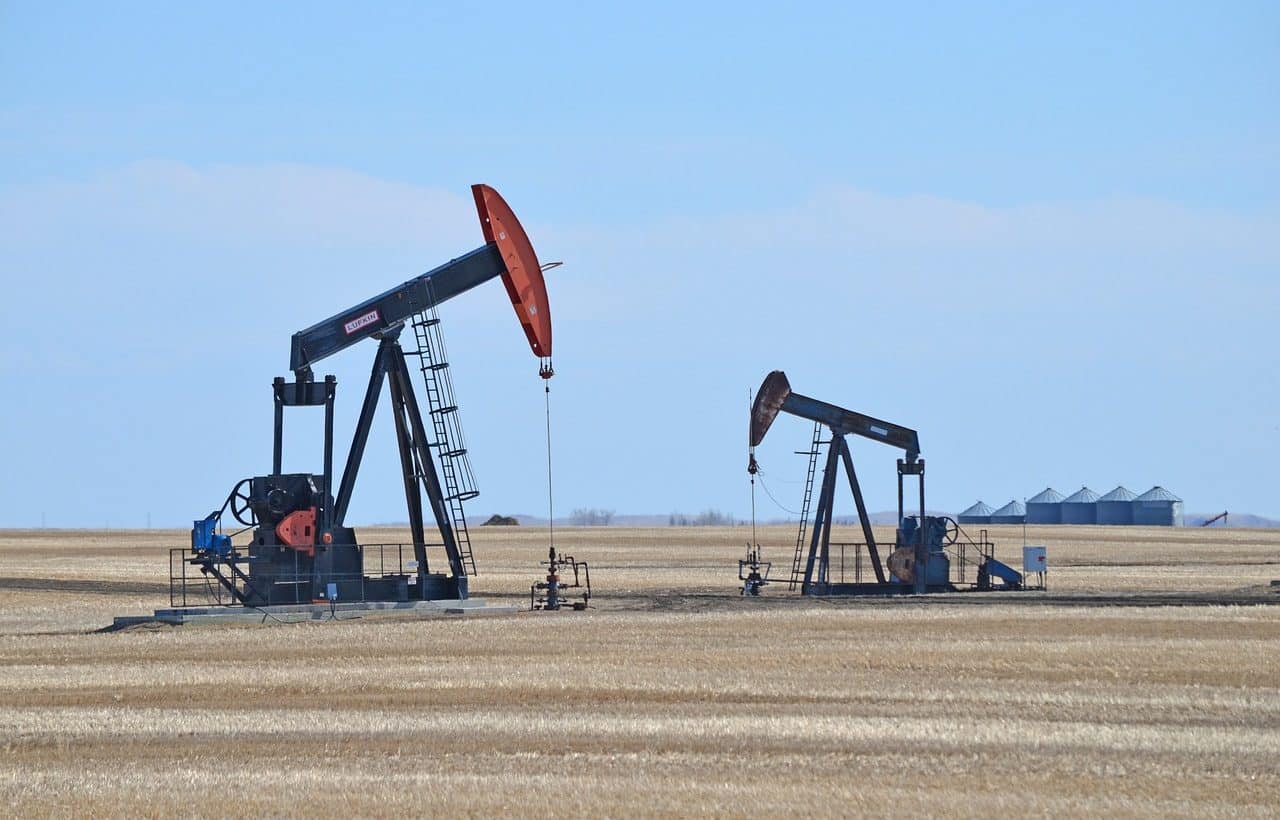
OPEC is the acronym for the Organization of the Petroleum Exporting Countries.
OPEC is the acronym that identifies the Organization of the Petroleum Exporting Countries , an entity founded in 1960 that currently brings together thirteen countries. The association was created with the objective of coordinating the policies of its members regarding oil , so that they can protect their interests.
Specifically, the countries that are part of OPEC are the following: Algeria, Angola, Iran, Iraq, Kuwait, Libya, Nigeria, Saudi Arabia, United Arab Emirates, Venezuela, Gabon, Equatorial Guinea and the Republic of the Congo .
Of all of them, it should be noted that currently the country that produces the most is Saudi Arabia , which reaches between 9.5 and 10.5 million barrels per day. This is followed by Venezuela and Iran . Likewise, we cannot forget that some time ago Indonesia , Ecuador and Qatar were also members of this international organization.
Rise of OPEC
The emergence of OPEC was a response by oil-producing nations to a general drop in prices, driven by distribution companies. The project arose from an initiative of the governments of Saudi Arabia and Venezuela .
Specifically, it was founded on September 14, 1960 in the city of Baghdad after signing an agreement. In this, an important series of resolutions were agreed, among which the following stand out:
- That OPEC members would, at all times, demand that the different oil companies maintain stable prices.
- That the main objective of the organization's implementation was the unification of all oil policies by the countries that were part of it.
- That they would meet at least twice a year.
- That the member countries would ensure at all times the creation of a system that will ensure price stabilization. And to achieve this, appropriate measures would be taken, such as, for example, the regularization of production.
The UN recognized OPEC two years after its founding , in 1962 . At that time, the headquarters of the entity were in the Swiss city of Geneva . Starting in 1966 , the base of operations was established in Vienna , the capital of Austria .

OPEC members accumulate about 75% of the world's oil reserves.
Its importance in the world economy
OPEC countries hold 75% of the world's reserves and produce more than 40% of the oil sold worldwide. Within the structure of OPEC , its general secretariat, the board of governors (composed of officials designated by each member nation) and the Economic Commission stand out.
Due to its ability to force increases in the price of oil, countries that do not produce this resource or that are forced to import it often criticize the operation of OPEC , stating that it distorts the market .
